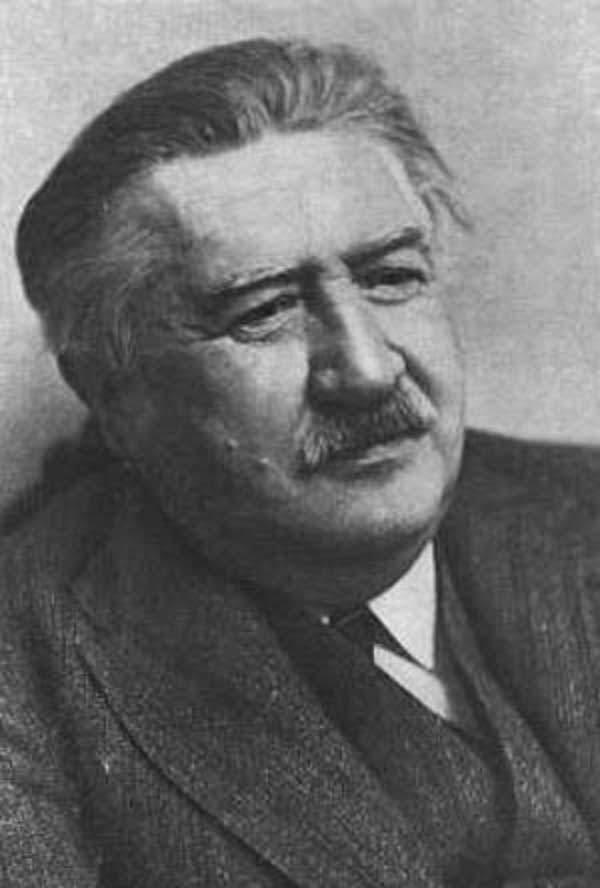
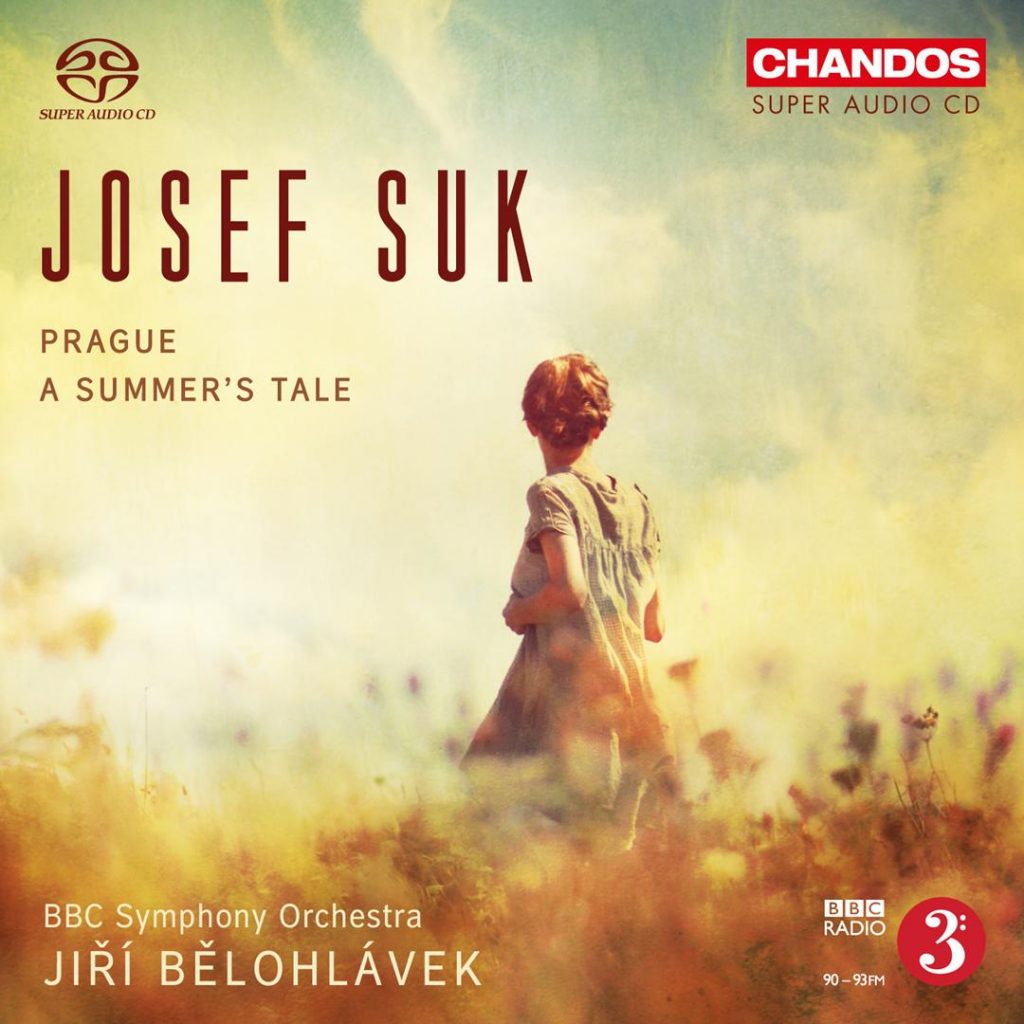
Josef Suk (4 January 1874 – 29 May 1935) was a Bohemian composer and violinist. He studied under Antonín Dvořák, whose daughter he married.
Biography
From a young age, Josef Suk (born in Křečovice, Bohemia) was deeply involved and well-trained in music. He learned organ, violin, and piano from his father, Josef Suk Sr., and was trained further in violin by the Czech violinist Antonín Bennewitz. His theory studies were conducted with several other composers including Josef Bohuslav Foerster, Karel Knittl, and Karel Stecker. He later focused his writing on chamber works under the teachings of Hanuš Wihan. Despite extensive musical training, his musical skill was often said to be largely inherited. Though he continued his lessons with Wihan another year after the completion of his schooling, Suk’s greatest inspiration came from another of his teachers, Czech composer Antonín Dvořák.
Known as one of Dvořák’s favorite pupils, Suk also became personally close to his mentor. Underlying this was Dvořák’s respect for Suk, reflected in Suk’s 1898 marriage to Dvořák’s daughter, Otilie, marking some of the happiest times in the composer’s life and music. However, the last portion of Suk’s life was punctuated with tragedy. Over the span of 14 months around 1905, not only did Suk’s mentor Dvořák die, but so did Otilie. These events inspired Suk’s Asrael Symphony.
Owing to a shared heritage—and the coincidence of their dying within a few months of one another—Suk has been closely compared, in works and style, to fellow Czech composer Otakar Ostrčil. Suk, alongside Vitezslav Novak and Ostrčil, is considered one of the leading composers in Czech Modernism, with much shared influence among the three coming in turn from Dvořák. Eminent German figures such as composer Johannes Brahms and critic Eduard Hanslick recognized Suk’s work during his time with the Czech Quartet. Over time, well known Austrian composers such as Gustav Mahler and Alban Berg also began to take notice of Suk and his work.
Although he wrote mostly instrumental music, Suk occasionally branched out into other genres. Orchestral music was his strong suit, notably the Serenade for Strings, Op. 6 (1892). His time with the Czech Quartet, though performing successful concerts until his retirement, was not always met with public approval. Several anti-Dvořák campaigns came into prominence; criticism not only being directed at the quartet, but towards Suk specifically. The leftist critic Zdeněk Nejedlý accused the Czech Quartet of inappropriately playing concerts in the Czech lands during World War I. While these attacks diminished Suk’s spirits, they did not hinder his work.
Private life
Suk married Dvorak’s daughter Otýlie (‘Otýlka’) in 1898. They had one child, a son, also named Josef, in 1898. Otýlie died of heart failure aged 27 in 1905, a year after her father. Josef Suk Jr. in turn was father of the acclaimed violinist Josef Suk, who died in 2011. Suk retired in 1933, although he continued to be a valuable and inspirational public figure to the Czechs. Suk died on 29 May 1935, in Benešov, Czechoslovakia (now Czech Republic); he was buried in the cemetery of St Luke church in Křečovice.
Musical style
Suk’s musical style started off with a heavy influence from his mentor, Dvořák. The biggest change of Suk’s style came after he reached a “dead end” in his early musical style (music played less of a role in Suk’s life outside of his schooling[, just before he began a stylistic shift during 1897–1905, perhaps realizing that the strong influence of Dvořák would limit his work.[Morbidity was always a large factor in Suk’s music. For instance, he wrote his own funeral march in 1889 and it appears significantly also in a major work, the “funeral symphony” Asrael, Op. 27. Ripening, a symphonic poem, was also a story of pain and questioning the value of life. Other works, however – such as the music he set to Julius Zeyer‘s drama Radúz a Mahulena – display his happiness, which he credited to his marriage with Otilie. Another of Suk’s works, Pohádka (Fairy Tale), was drawn from his work with Radúz a Mahulena. The closest Suk came to opera is in his incidental music to the play Pod jabloní (Beneath the Apple Tree).
The majority of Suk’s papers are kept in Prague. There is also a new catalogue of Suk’s works that contains more manuscripts than any before it, some of them also containing sketches by Suk.
Suk said of himself: “I do not bow to anyone, except to my own conscience and to our noble Lady Music… and yet at the same time I know that thereby I serve my country, and praise the great people from the period of our wakening who taught us to love our country.”
————
Josef Suk-Violin, Prague Symphony Orchestra-Václav Smetáček. Josef Suk, (8.8. 1929 Prague – 7.7. 2011 Prague ) the legendary Czech violinist – also violist, chamber musician and conductor. He is the both the grandson of the composer of the same name and the great-grandson of Antonin Dvorak. In his home country he carries the title of National Artist. The violinist’s extraordinary talent was spotted early by Jaroslav Kocian who tutored him until his death in 1950. Suk first appeared on concert platforms at the age of eleven. His Prague debut in 1954 rapidly led to an international career. Before long he was recognized as the heir to the best tradition of the Czech violin school and his 1959 tour with the Czech Philharmonic covered three continents and was one of the greatest expressions of Czech music the world had until then ever heard.In addition to a dazzling career as a soloist, esteemed for his refined tone, deep sense of lyricism (expressed unforgettably for example in his peerless Martinu interpretations) and commitment to the music he plays, he has also shown an extraordinary affinity for chamber music. He was for some years the first violin of the Prague Quartet, and founder of the Suk Trio. This affinity has yielded extraordinary fruits, especially through his partnerships with pianist Jan Panenka and the harpsichordist Zuzana Ruzickova – and from 1973 he was a frequent additional player with the Smetana Quartet, playing second viola. Suk plays on rare instruments built by Antonio Stradivari (1729), Giuseppe Guarneri “del Gesu” (1744) and Giovanni Battista Guadagnini (1758). Josef Suk has had a long and distinguished career in the recording studio, winning the Grand Prix du Disqueno less then six times as well as the Wiener Floetenuhr Prize and the Edison Prize.
Josef Suk (4 January 1874 – 29 May 1935) was a Czech composer and violinist. He studied under Antonín Dvořák, whose daughter he married. Fantastické Scherzo, Op. 25 (1902-03) 1. Allegro vivace Czech Philharmonic Orchestra conducted by Charles Mackerras Description by Joseph Stevenson [-] From the evidence of the Fantastic Scherzo, Josef Suk would seem to have been destined to follow an artistic path much like that of his father-in-law and teacher, Antonín Dvorák. It is a 15-minute work, brilliantly scored for full Romantic orchestra. Its style is not that close to that of Dvorák. Suk’s harmonic language is a little more modern, something like that of the pre-Impressionist French composers such as Chabrier and Fauré. Nor was Suk as interested in evoking Czech musical folklore in his music. The work is in the typical scherzo rhythm of dotted triple-time groups, rather close in spirit to Dukas’ Sorcerer’s Apprentice. It has less of the grotesquerie, mostly being good-spirited. The closest thing to it in mood among Dvorák’s works is the Carnival Overture, though in sound and technique it is more like the late Dvorák tone poems such as The Wood Dove. There are, indeed, times when the Suk work picks up something of the dark-edged mood of those Dvorák fantasies. But on the whole it is a beautifully scored, light-hearted and untroubled look at a fairy-like world. It is also uncharacteristic of the direction Suk’s work would take (and thus unlike any later works of Suk’s the reader might know). The year after it was composed, Dvorák died, and soon after that Suk’s own wife (Dvorák’s daughter) died. The grief and the questions about death raised by these shattering losses transformed the scope and purpose of his music. But that was in the future; the listener of this work gets the last music Suk was to write untouched by the most tragic side of life.
Josef Suk-Violin, Czech Philharmonic-Václav Neumann. Josef Suk,(8.8. 1929 Prague-7.7. 2011 Prague ) the legendary Czech violinist – also violist, chamber musician and conductor. He is the both the grandson of the composer of the same name and the great-grandson of Antonin Dvorak. In his home country he carries the title of National Artist. The violinist’s extraordinary talent was spotted early by Jaroslav Kocian who tutored him until his death in 1950. Suk first appeared on concert platforms at the age of eleven. His Prague debut in 1954 rapidly led to an international career. Before long he was recognized as the heir to the best tradition of the Czech violin school and his 1959 tour with the Czech Philharmonic covered three continents and was one of the greatest expressions of Czech music the world had until then ever heard.In addition to a dazzling career as a soloist, esteemed for his refined tone, deep sense of lyricism (expressed unforgettably for example in his peerless Martinu interpretations) and commitment to the music he plays, he has also shown an extraordinary affinity for chamber music. He was for some years the first violin of the Prague Quartet, and founder of the Suk Trio. This affinity has yielded extraordinary fruits, especially through his partnerships with pianist Jan Panenka and the harpsichordist Zuzana Ruzickova – and from 1973 he was a frequent additional player with the Smetana Quartet, playing second viola. Suk plays on rare instruments built by Antonio Stradivari (1729), Giuseppe Guarneri “del Gesu” (1744) and Giovanni Battista Guadagnini (1758). Josef Suk has had a long and distinguished career in the recording studio, winning the Grand Prix du Disqueno less then six times as well as the Wiener Floetenuhr Prize and the Edison Prize.
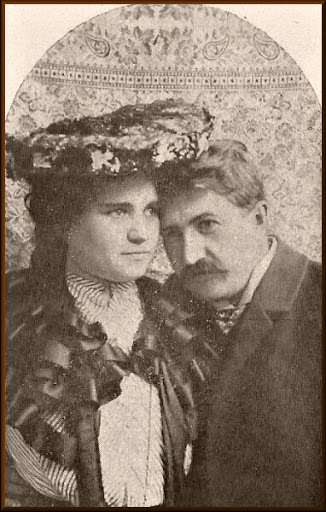
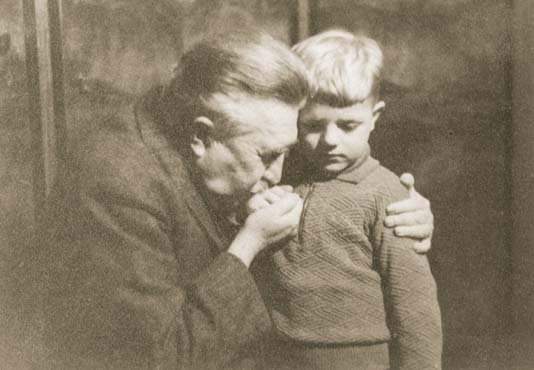
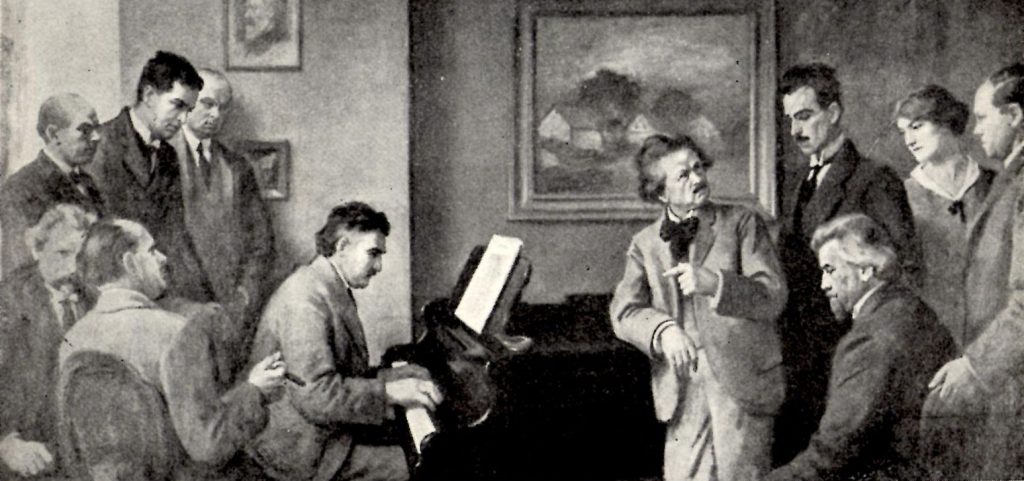
Composser: Josef Suk (1874 – 1935) Violin: David Oistrakh (Odessa, 1908 – Amsterdam, 1974) Piano: Abram Makarov
